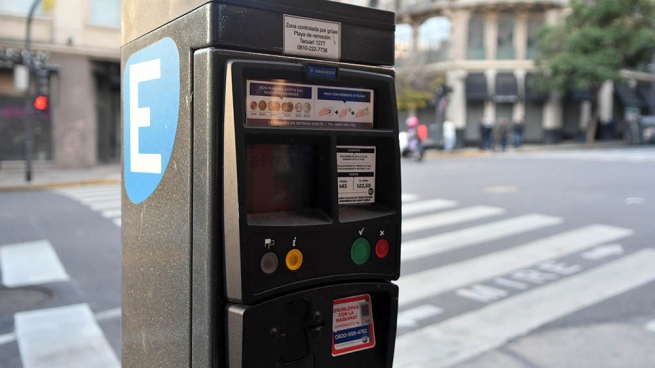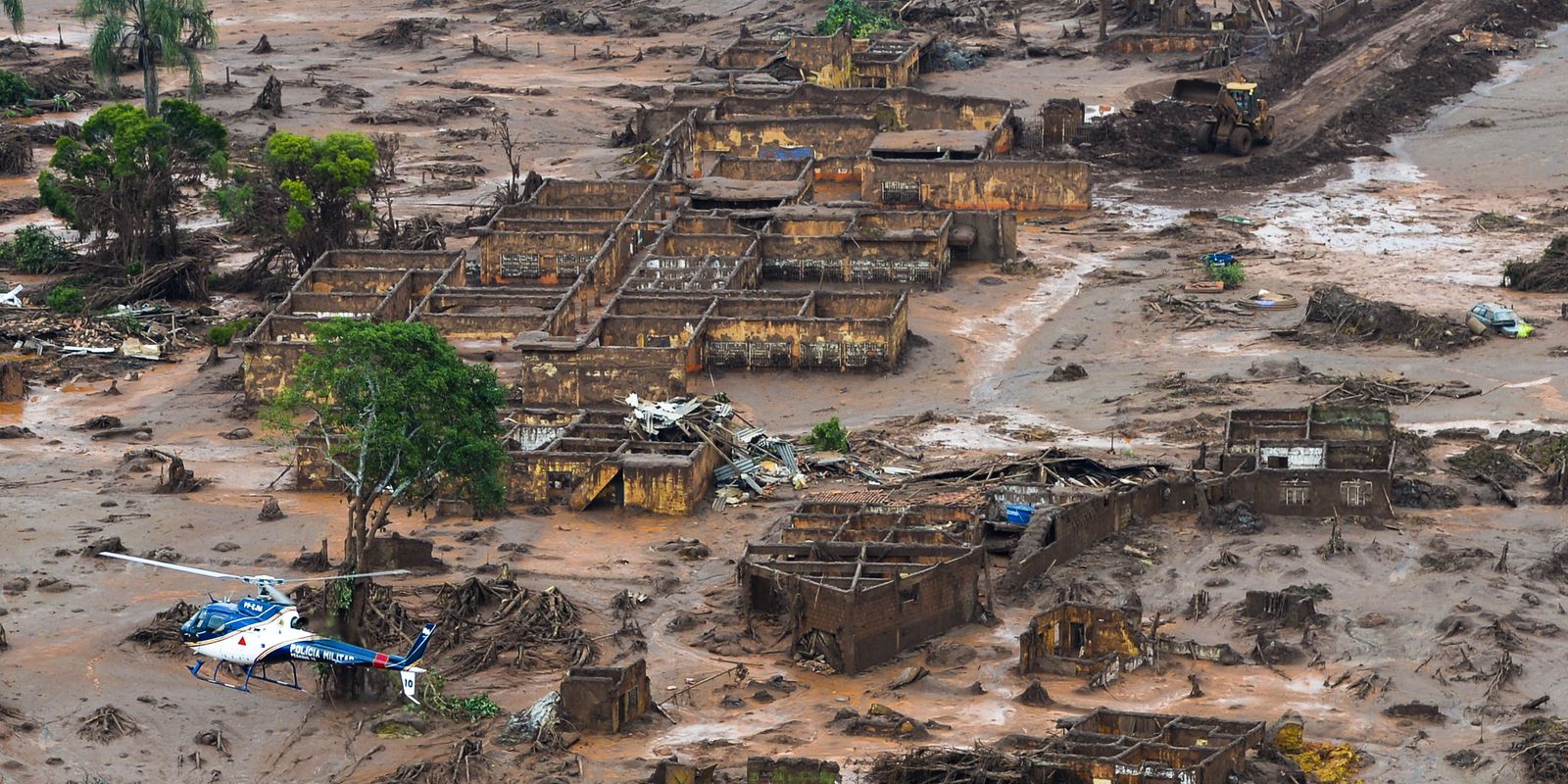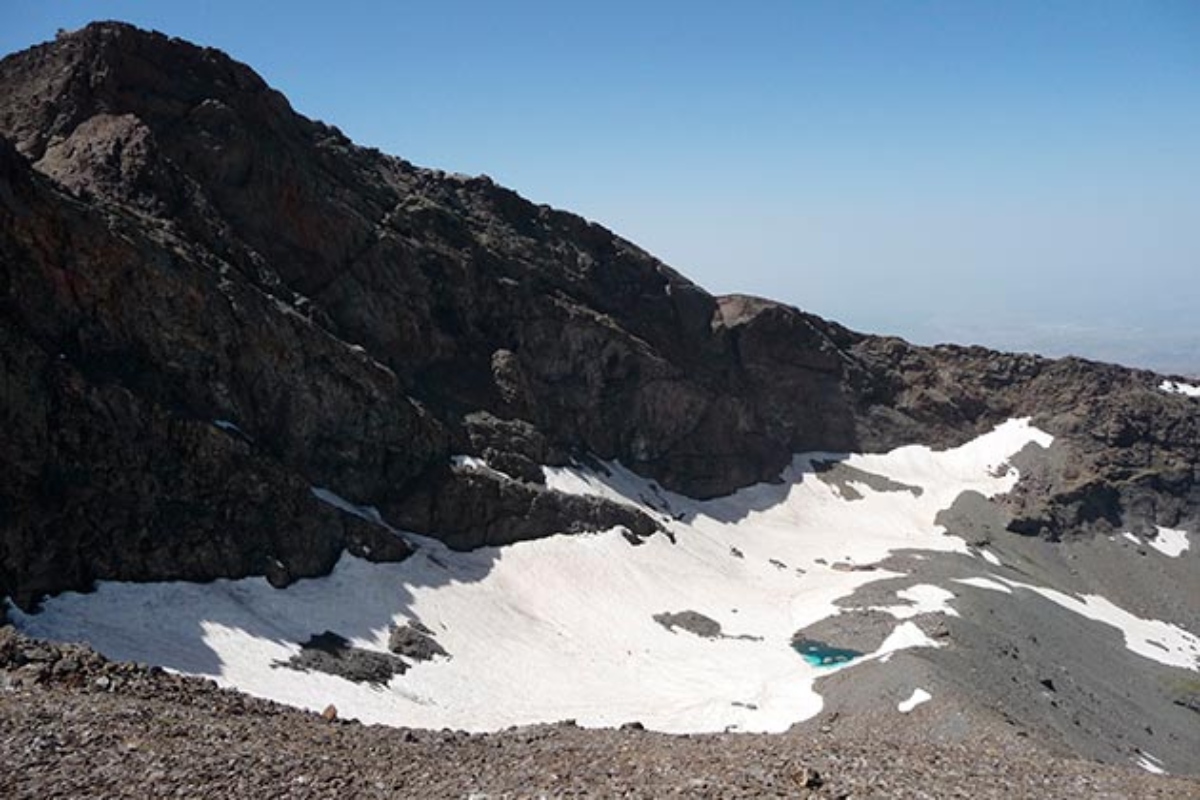The current system to pay for parking a vehicle in the city of Buenos Aires through parking meters and ticket machines will stop working to make way, from Wednesday, for an application that can be downloaded on cell phones, from which it will be paid for the exact time the car is left with a debit and credit card.
This was reported this Saturday by the Buenos Aires Government regarding the metered parking that governs more than 3,500 paid spaces in a polygon that extends through areas of the neighborhoods of Balvanera, Recoleta, Retiro, Monserrat and San Nicolás, where they charge $45 an hour.
The transition from the old scheme to the new will start this Saturday with the possibility for future users to download the new application, called Blinkay, while the Monday and Tuesday the parking charge will be suspendedfor only on Wednesday to register the new digital system.
At the same time, an operation will begin to remove the last remaining parking meters and ticket vending machines from the streets of Buenos Aires, which total about 120, which will mark the end of a cycle for motorists who had to go buy coin blanks in a nearby store or collect coins to pay for parking.
Unlike what happens today, Those neighbors who are residents of the tariff zones will be exempted from the payment of metered parking.and they will be able to leave a vehicle within a radius of up to 300 meters from their home at no cost, prior registration in a registry.
“As of Wednesday, parking in the City will be easier. The blanks, the coins and going to the car to renew the ticket will end, because parking will be resolved with a single ‘click’ from the cell phone”Felipe Miguel, head of the Buenos Aires Cabinet
According to Buenos Aires sources, there will be two options to pay digitally: prepayment, through which you choose the number of hours you want to park and pay the total in advance; and postpaid, where a desired number of hours is selected, from which the parking session begins.
“In both options, Blinkay will send you a notice when you have five minutes left. In addition, you will have the possibility of extending the parking time whenever you want,” they specified from the Buenos Aires administration.
And if you don’t have a smartphone or don’t prefer this payment method, Drivers will be able to pay in cash at participating shops, which will be identified with a “sticker”.
The City’s Parking Regulations Simplification Act was passed. With this initiative, the current regulations will be clarified, generating more space for parking in residential areas and improving road safety.
⚠️ Will be in force from the end of the year. pic.twitter.com/txcK4uVvjb– Manuela López Menéndez (@manlop) June 23, 2022
The verification of metered parking, meanwhile, will be carried out by traffic agents who will circulate on motorcycles with cameras that will record the license plates of the cars and verify the payment.
It is that, when the person pays the fee, that will be recorded in the digital system, which will make it out of the possibility of receiving a fine before the inspection.
But, when non-payment is detected, the system will give 15 minutes of tolerance and after that time, the patent will be sent to the processing center to carry out the corresponding infringement.
“As of Wednesday, parking in the City will be easier. The blanks, coins and going to the car to renew the ticket will end, because parking will be resolved with a single ‘click’ from the cell phone,” said Felipe Miguel, head of the Buenos Aires Cabinet.
For her part, Manuela López Menéndez, Secretary of Transportation and Public Works of the City, assessed that “the new system in the neighborhoods is going to significantly improve the experience of drivers, who are going to manage their stay from their cell phones in a simple and fast, and for the residents, who won’t have to pay.
Starting this Saturday, the Blinkay app can be downloaded by clicking click here.








